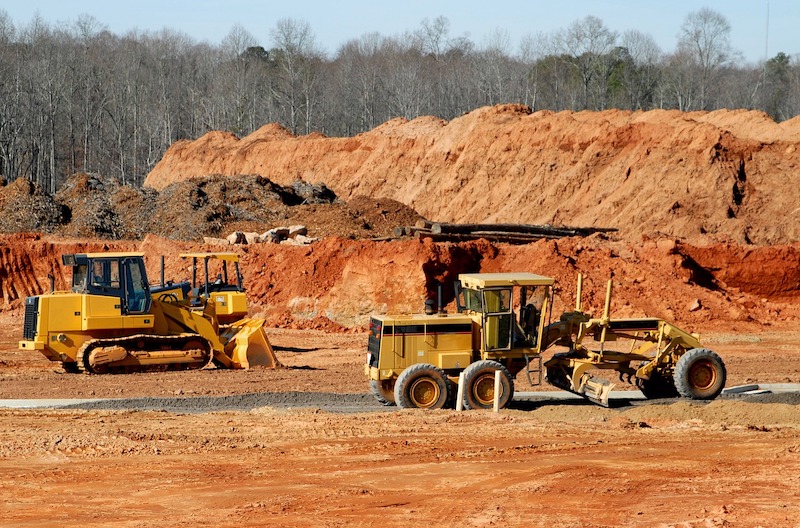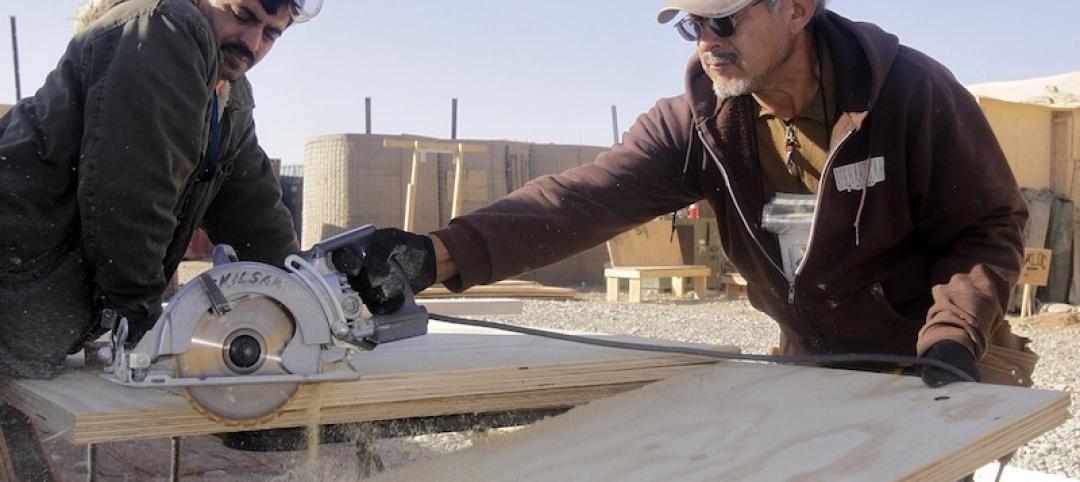Construction employment decreased from February 2020 to February 2021 in 236 of the nation’s metro areas, according to an analysis by the Associated General Contractors of America of government employment data released today, amid project cancellations, rising material prices and supply chain problems. Association officials said that the industry will struggle to add jobs in the future if a series of proposed new labor laws, including the PRO Act, were to be put into law by the current Congress and administration.
“Relatively few places have recovered from the pandemic-induced impacts on the construction industry,” said Ken Simonson, the association’s chief economist. “Project cancellations, spiking materials prices and significant supply chain challenges are making it hard for most firms to add new construction jobs compared to a year ago.”
Houston-The Woodlands-Sugar Land, Texas lost the largest number of construction jobs over the 12-month period (-37,600 jobs, -16%), followed by New York City (-26,700 jobs, -17%); Chicago-Naperville-Arlington Heights, Ill. (-12,900 jobs, -11%) and Midland, Texas (-11,600 jobs, -31%). Odessa, Texas had the largest percentage decline (-40%, -8,200 jobs), followed by Lake Charles, La. (-39%, -7,700 jobs); Midland; Longview, Texas (-23%, -3,400 jobs) and Laredo, Texas (-23%, -900 jobs).
Only 83 metro areas added construction jobs during the past 12 months, while construction employment was stagnant in 39 metro areas. Sacramento--Roseville--Arden-
Association officials cautioned that federal officials are considering a host of measures that will not only undermine proposed new infrastructure investments, but also make it harder for firms to add new employees. Foremost among those challenges are the PRO Act, which would unleash a new wave of labor instability. The measure would likely lead to a host of new strikes and jobsite disruptions that will make it hard for firms to add new employees.
“It will be hard for firms to add new employees if they have no idea whether the jobs they are working on will be shut down because of the wide range of labor actions encouraged by the PRO Act,” said Stephen E. Sandherr, the association’s chief executive officer. “New infrastructure investments will certainly help the industry, but our members won’t be able to build back better if the work is mired in labor uncertainty.”
View the metro employment 12-month data, rankings, top 10, multi-metro division, and map.
Related Stories
Market Data | Jul 28, 2020
6 must reads for the AEC industry today: July 28, 2020
St. Petersburg Pier reconstruction completes and post-pandemic workplace design will not be the same for all.
Market Data | Jul 28, 2020
Senate Republicans' coronavirus relief measure includes provisions that will help hard-hit construction firms recover
The HEALS Act includes essential liability, workforce, financial & unemployment reforms, but association will work to get needed infrastructure investments included in final relief measure.
Market Data | Jul 27, 2020
6 must reads for the AEC industry today: July 27, 2020
Customized labs give universities a recruiting edge and the U.S. construction pipeline remains robust through the first half of 2020.
Market Data | Jul 27, 2020
The U.S. construction pipeline remains robust through the first half of 2020, despite pandemic
Projects currently under construction stand at 1,771 projects/235,467 rooms, up 3% and 1% respectively, YOY.
Market Data | Jul 24, 2020
5 must reads for the AEC industry today: July 24, 2020
North Carolina will stop relying on FEMA flood mapping and Cal Poly Pomona's newest project.
Market Data | Jul 23, 2020
New LEED guidance from USGBC helps cities and communities expand resilience efforts in response to the COVID-19 pandemic
Credits integrate public health and social equity with sustainability planning.
Market Data | Jul 23, 2020
6 must reads for the AEC industry today: July 23, 2020
Skanska selects Pickard Chilton to design new ofice tower and days grow long at nursing homes as virus lockdowns drag on.
Market Data | Jul 22, 2020
6 must reads for the AEC industry today: July 22, 2020
Phase one of Toronto's The Orbit detailed and architecture billings remains in negative territory.
Market Data | Jul 21, 2020
Nonresidential building spending to decline through 2021
The commercial building sector is expected to be the hardest hit.
Market Data | Jul 21, 2020
7 must reads for the AEC industry today: July 21, 2020
Abandoned high-rise becomes mixed-use luxury apartments and researchers are developing anti-coronavirus tech for buildings.

















